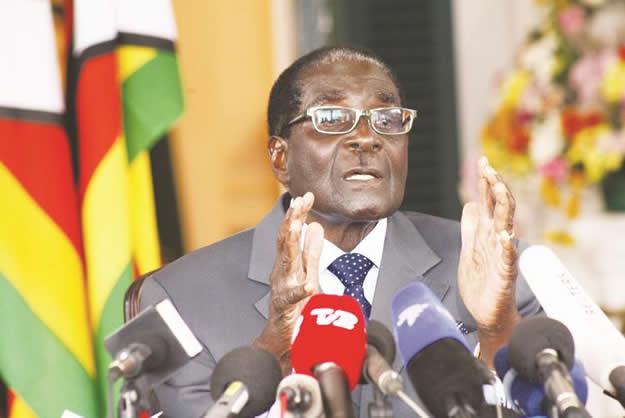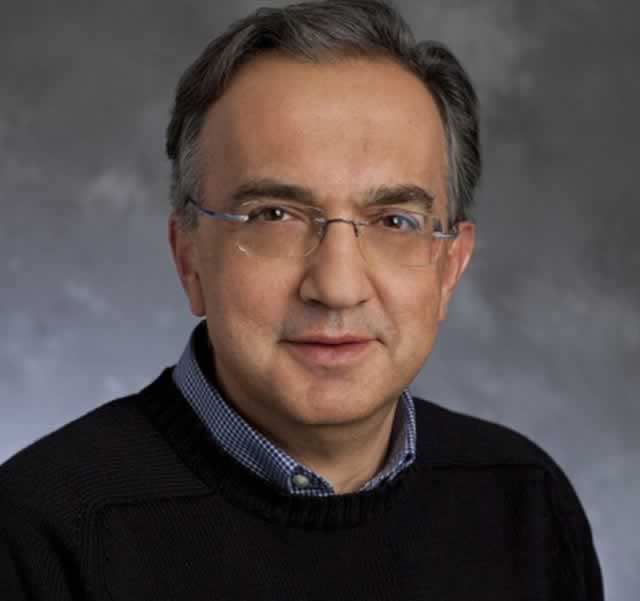West advances agenda to hold Africa back

Justina Mutale
Press TV: Were you happy with Sadc (Southern Africa Development Community)’s move and do you think perhaps Robert Mugabe as deputy chairman might start to influence the common agenda of the 14 Sadc countries and maybe get them to adopt some of his agenda for Zimbabwe?
Mutale: To start with, I’d say that if the Sadc found the election to be free and fair and peaceful, then that is the way it is.
Just because Robert Mugabe is hated around the world, especially in the Western world, it should not be that . . . he shouldn’t have won the elections, perhaps his people do like him and they actually did vote for him.
Press TV: I think he got a 60 percent overall majority, didn’t he?
Mutale: Which is better than 51 percent and some percentages that we have seen around the world. So it is evident that the Zimbabweans do like Robert Mugabe.
Press TV: But many don’t, which is one of the reasons why we have a huge Zimbabwean Diaspora, particularly here in this country, London.
Mutale: I beg your pardon?
Press TV: Well, many Zimbabweans don’t like living in Zimbabwe under Robert Mugabe, which is one of reasons why they’ve exported a huge Diaspora.
Mutale: I do not think so because most of the things that have gone wrong in Zimbabwe, I should say, Robert Mugabe has come up with some policies, policies that I think (are) fair (to) Africa and would progress Africa.
But we know how the whole international world system works. In that international system, there is a deliberate agenda to keep Africa backward.
And if some of Mugabe’s policies are trying to drive Africa forward, it does not benefit the Western world.
Press TV: When you say there are deliberate policies to hold Africa down and keep Africa back, what do you have in mind? There is a huge amount of argument about this and people rarely put their finger on it and really say exactly what it is that the EU, the US, the United Nations, or the IMF, or the World Bank are doing given that you’ve got sovereign countries by and large in charge of what goes on in their country whether we talk about Nigeria or Botswana or Ghana or even your own Zambia.
Mutale: One thing that instantly comes to my mind is the trade policies proposed by the World Bank and the IMF to go way back to the economic structural adjustment programmes and the Washington Consensus.
Some of these policies that were imposed on African countries, Africa was not mature enough to deal with some of these policies. And trade policies — free trade and economic liberalisation, Africa was not ready.
I remember, for example, in Zambia soon after independence, our own Zambian President Kaunda and his government embarked on what we called Zambianisation in which he hoped that eventually Zambians would be able to take over the industries, take over the management of everything that we needed to do.
But half way through his plan, we had the structural adjustment programmes, which were imposed on us to cut down on education.
After independence, President Kaunda and his government insisted, emphasised on free education for all. Every school and growing child was eligible to be able to be educated free of charge by the government. And we had free health provision to keep people healthy and to educate people.
And I think these are the most important things for humanity and for human beings in order to contribute effectively to how the world is run, to the economy of the world and everything.
And when the structural adjustments programme came, one of the things they insisted on was to cut down on education, cut down on health.
Press TV: This is something you would imagine that the Africa Union, the OAU as it was 20 or so years ago, should have done more about and many feel it failed as a continental body . . .
Africans haven’t stood up; they haven’t advanced their own agenda; they’ve essentially rolled over and accepted these things.
And Sadc and other regional and continental bodies have failed because the African nation state, essentially, has been failing all this time.
Mutale: I don’t know what you mean when you say that the African nation state has been failing all this time.
Press TV: It hasn’t been governed in the interests of its people.
Mutale: Remember we live in a globalised world and we have an international system that governs how the whole world runs — I already talked about the Washington Consensus and also the IMF and World Bank structural adjustment programmes; I already gave the example of when our President Kaunda then had embarked on free education for all children in the hope of Zambianising all industries; Zambianising the economy and everything so that Zambians can take ownership of the economy and of the wealth that our rich country has. And he was frustrated in doing that by the global system through the structural adjustment programmes imposed by the World Bank and the IMF through the Bretton Woods system.
Press TV: The key thing is what’s the goal? Because some have said the indigenisation policies advanced by Robert Mugabe in Zimbabwe are not helping the many, they’re helping the few, the elites, the Zanu-PF and the cronies.
Mutale: I did attend a conference at which I heard that.
For China to be where it is now, it took a 50-year strategic plan and this plan involved empowering a few in order to drive the country together and this is how China is where they are now.
And I think the indigenisation of industries, of the economy, of the wealth of Africa is paramount for the progression of Africa and I think it is a good economic model for Africa.
Press TV: Which countries in the Sadc region, many of them are resource-rich, which would you like to see follow that model of indigenisation that Mugabe has been advancing?
Mutale: I would love the whole of Africa to follow that because from the history that I know, the whole world, the whole Western world, has been built on the African resources, using African’s toil, African sweat, African labour, African intellect from slavery to colonisation and now we have foreign investment, which comes with tax dodging and land grabs — always taking away from Africa.
If Africans can hold the industries, the economy, the wealth and everything in their own hands and control that, then Africa has a chance to develop and be what it needs to be to find its rightful place in the world.
But because we have let other people control the economy, that is how come we are so rich and yet so poor.
Press TV: So, you want to see Sadc move in a much more radical direction?
Mutale: In fact, Sadc and the whole of Africa because we have the bargaining power if only African leaders can realise that, we have the bargaining power.
We have what it is that builds the world, that has always built the world. — Press TV.










Comments